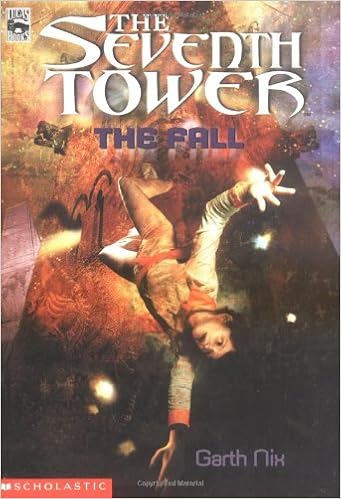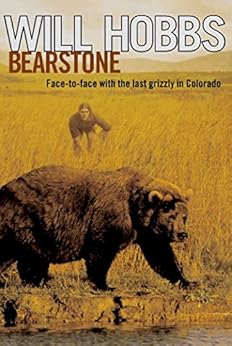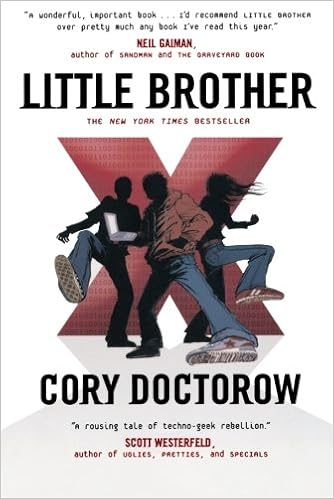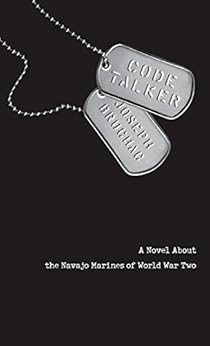To be clear, I'm a fan of people buying new books. Really, I am. That's how authors make their livings, however new books are often priced in such a way that it simply isn't feasible to buy my reading load new, which is a shame. Assume that I read 120 books. If each book costs a minimum of $10 on average new (most are much more), than I'm looking at a minimum of $1,200 a year. That's a lot of money. Now granted, I'm in the top few percentiles for books read in a year, but it still makes me wonder at the cost of the books themselves especially in the case of digital media which is not resalable. I wonder if the cost of new books were less, would people read (or at least buy) more of them? It's not a question I have an answer for, but I do think digital copies should cost less than they do.

Anyway, I digress.
Scythe is about a far future where humanity has solved most of it's social ills. No poverty or starvation. There is no war because there are no national governments and everything is controlled and maintained by an AI. There is very little crime and no sickness or, in fact, naturally caused death. The biggest problem humanity has is stagnation, and they are stagnating.
This world still has problems, of course. In order to stem the explosion of population and fight against some of the stagnation, there are a group of people called scythes who deal out death to the otherwise immortal. While they are terrifying figures, they are also highly regarded. In some ways it feels reminiscent of the medieval orders of knights. All high ideals and susceptible to corruption.
Two youths, Citra and Rowan, are chosen to be apprentice Scythes and quickly get wrapped up in events bigger than themselves.
This was a quick read appropriate for High School. There are a lot of philosophical ideas hidden in here about the nature of mortality and its influence on human creativity. Also, big themes on the nature of power to corrupt.


















